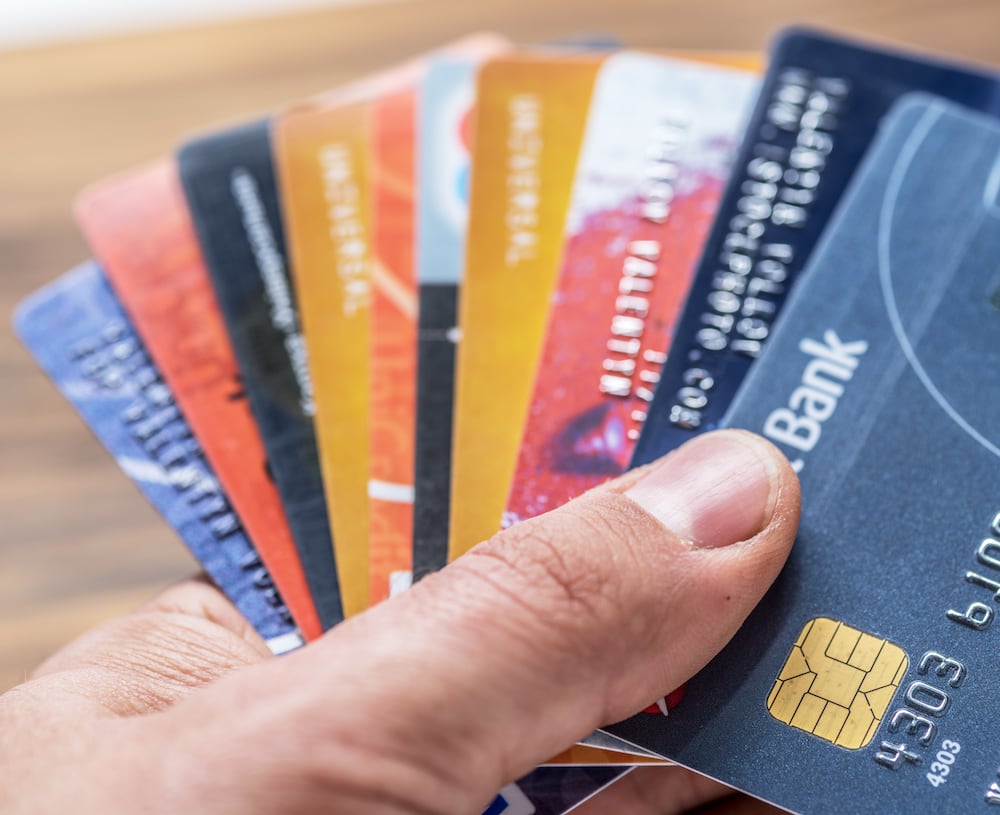You may decide to declare bankruptcy in the first place because you find yourself in debilitating credit card debt. But the irony of it all is that your bankruptcy filing may still affect your credit in other ways. For one, it may be disclosed and irremovable from your report for the years to come. Continue reading to learn whether your bankruptcy filing will appear on your credit report and how an experienced Louisville, Kentucky consumer bankruptcy lawyer at Schwartz Bankruptcy Law Center can help you rebuild.
Will my bankruptcy filing appear on my credit report?
The short answer is, yes, your bankruptcy filing may pop up on your credit report. But how long it lingers there may depend on which type of bankruptcy you opted for. Examples are as follows:
- If you filed for Chapter 7 bankruptcy: this may appear on your credit report for 10 years from your filing date.
- If you filed for discharged Chapter 13 bankruptcy: this may appear on your credit report for seven years from your filing date.
- If you filed for non-discharged Chapter 13 bankruptcy: this may appear on your credit report for 10 years from your filing date.
And regardless of which type of bankruptcy you opted for, it may be disclosed in the section of your credit report that is accessible to public records. In other words, credit bureaus may have the ability to obtain this information from the court. Though this may seem like a drawback, it may be unable to deny your necessity for a bankruptcy filing.
How can I rebuild my credit in the meantime?
Obviously, having your bankruptcy filing on your credit report can have negative effects. To name a few, it may significantly hurt your chances of obtaining loans and additional lines of credit, all while significantly lowering your credit score.
But you may rest assured knowing that there are certain aspects of your credit that you can control in the meantime. For one, you may work toward rebuilding your credit score. Examples of initiatives you may take to accomplish this are as follows:
- Apply for a secured credit card once your bankruptcy is discharged.
- Apply for a credit-builder loan once your bankruptcy is discharged.
- Check that your discharged debts are reported as discharged rather than current within your credit report.
- Use only 30 percent of your total credit limit to maintain a low credit utilization ratio.
- Pay all your credit card bills on time to ensure that creditors cannot report late payments to the credit bureaus.
There is no time like the present to get your bankruptcy filing and credit score in order. So pick up the phone and call a skilled Louisville, Kentucky consumer bankruptcy lawyer from Schwartz Bankruptcy Law Center today. We are looking forward to it.

